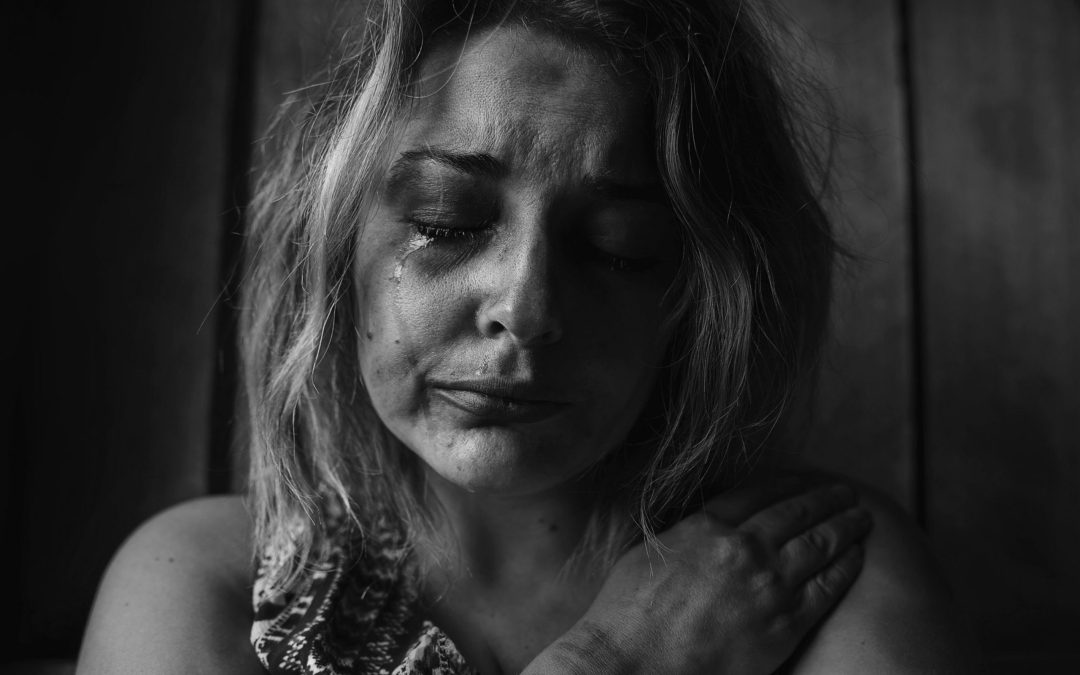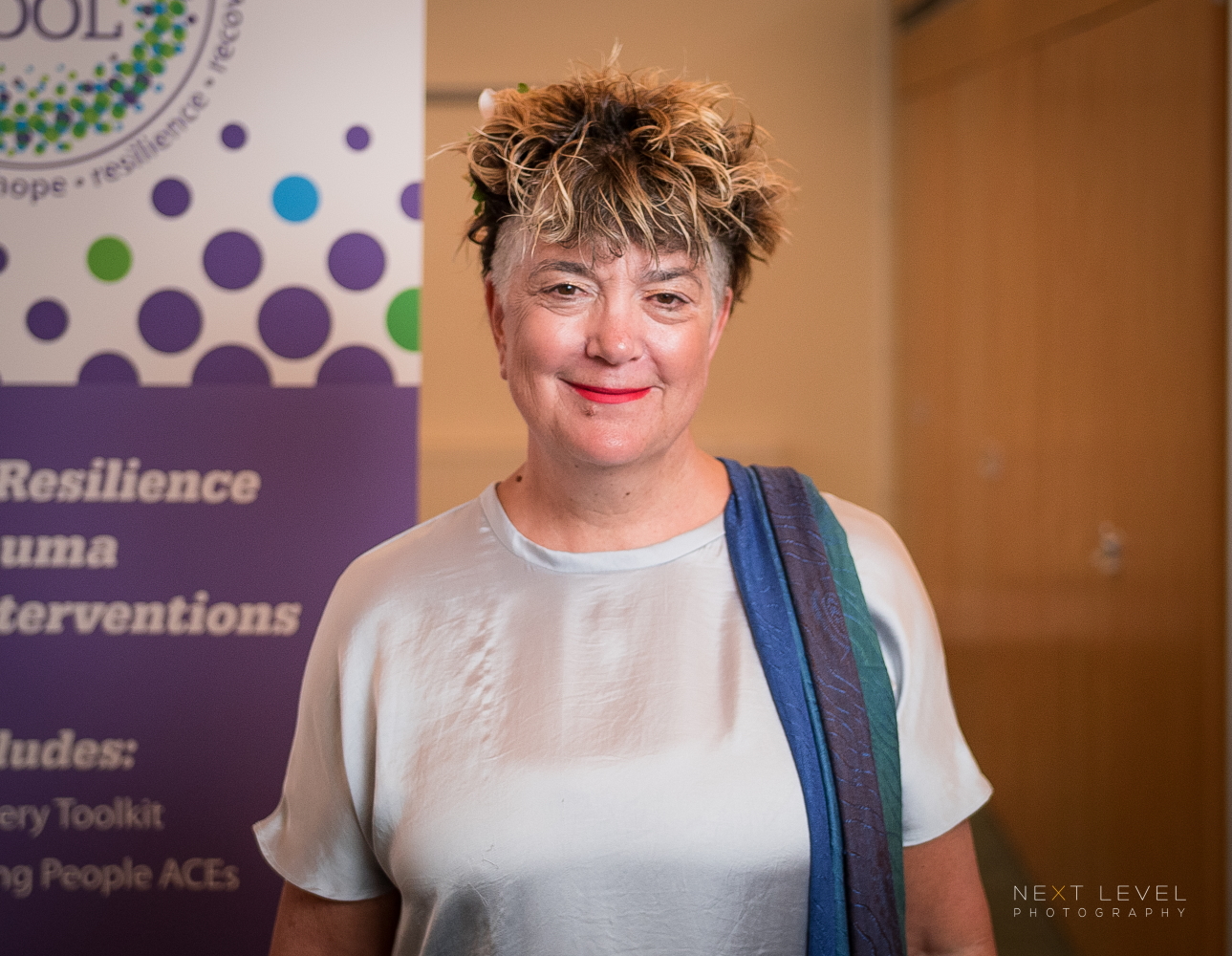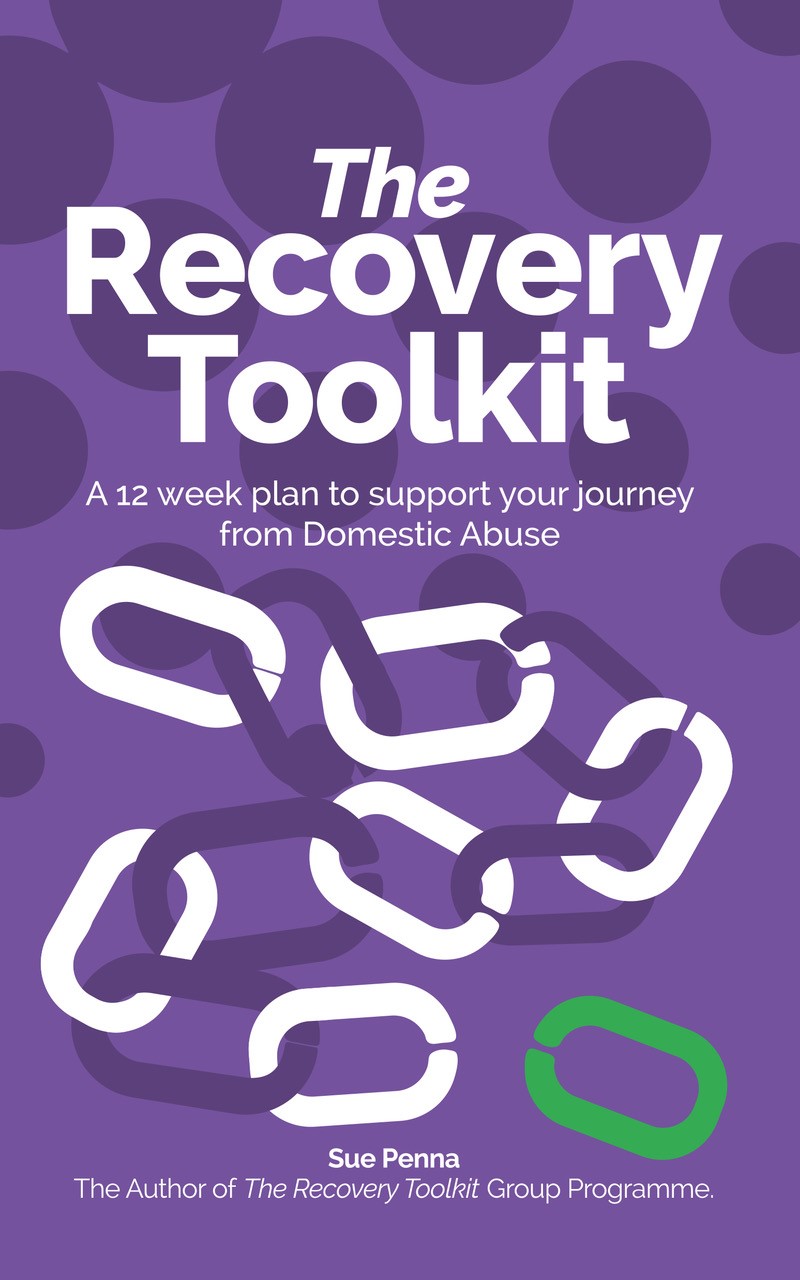Taking away blame: how to normalise your experiences after domestic abuse
If you have suffered an abusive relationship, it’s vital to remember it wasn’t your fault – says trauma-informed domestic abuse recovery expert Sue Penna

By Sue Penna in association with Psychologies.
The very nature of domestic abuse is designed to enable one person to misuse their power to dominate and control others. What makes this such a painful, dehumanising experience is that it’s executed by a person who allegedly loves you.
Survival instincts enable us to make unconscious psychological adaptations to our thought processes so we can manage the risk we are experiencing. However, post abuse these mental distortions can continue and it’s normal to feel the following emotions.
It’s common for those who’ve experienced abuse to self-blame, believing it was their fault – because they weren’t good enough, provoked it, weren’t lovable etc. That’s not surprising as the abuser would have told you that for a long time. It’s brainwashing, and one of the first steps to recovery is accepting you weren’t to blame.
Lack of confidence and self-esteem are by-products of being controlled in daily life. Having any decision-making taken from you or challenged, not being able to see friends, or requiring permission for all you did, erodes confidence and makes us feel less capable.
Post-abuse individuals can feel isolated, having been separated from friends and family during the abuse, and can struggle to trust others – hardly surprising when the person you expected to trust with your life was the one who threatened it.
Emotional distress manifesting as depression, anxiety or complex post-traumatic stress disorder are common – partly due to years of an over-aroused nervous system and partly because of the effort involved in managing the risk and fear when living with abuse.
Some continue to use strategies they started to survive the abuse. Alcohol or drug use is a common coping strategy and can take time to resolve. You would have used this to cope with the abuse; your substance use didn’t cause the abuse, whatever your abuser said.
Feeling grief after an abusive relationship ends doesn’t mean you did the wrong thing in ending it. The grief is for what might have been: the dreams; the potential for the person you loved, not the person who abused you.
There may be other emotions you experience post abuse that are confusing and challenging, but remember: you weren’t responsible for what happened. The only person responsible was the one abusing you.
The Recovery Toolkit: A 12 week plan to support your journey from Domestic Abuse by Sue Penna is available on Amazon, priced £7.99 in paperback and £4.99 as an eBook.

Sue Penna is the founder of Rock Pool, which provides industry-leading trauma-informed domestic abuse training to local authorities and other organisations.

Sue Penna has just published The Recovery Toolkit, which provides a trauma-informed 12-week plan to assist victims of domestic abuse in their recovery.








